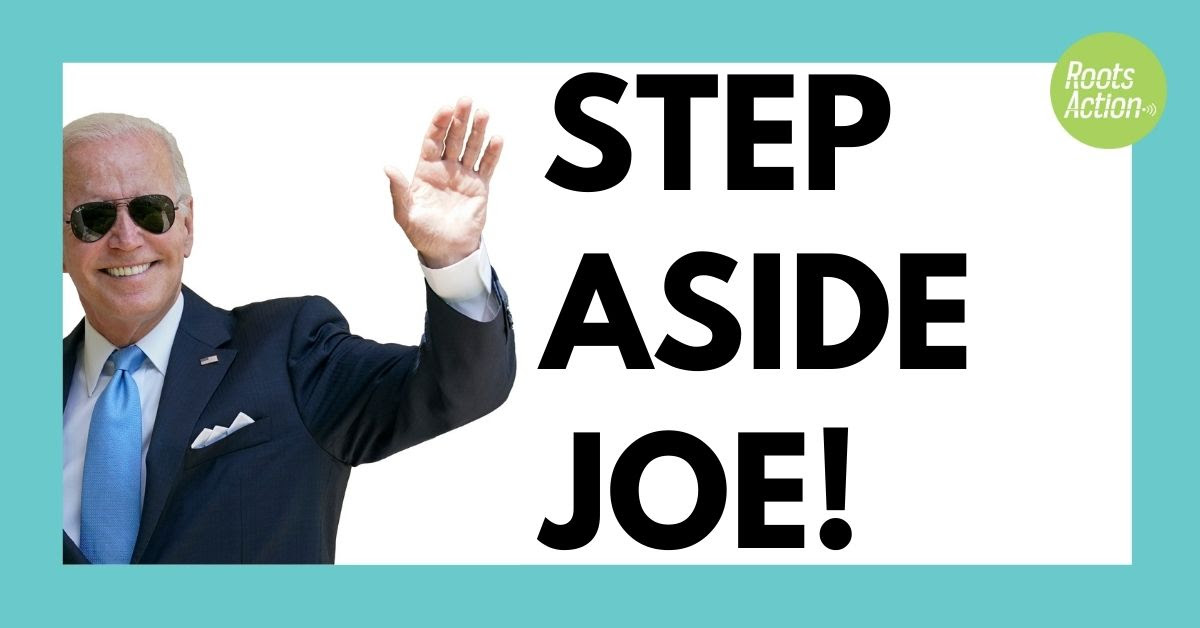After months of ignoring reforms, the corrections department published new rules. They look a lot like the old rules.
FIFTY-TWO STATE legislators sent a letter to New York’s prison department last week lambasting the agency for re-enacting regulations that flout solitary confinement law.
Citing a multi-part New York Focus investigation, the lawmakers pointed to nearly a year’s worth of routine violations of the Humane Alternatives to Long-Term (HALT) Solitary Confinement Act, which placed strict limits on carceral isolation. The Department of Corrections and Community Supervision released its latest set of regulations in December, re-enshrining DOCCS’s longstanding disregard of the law’s foundational tenets.
“We write with ongoing grave concerns that DOCCS not only continues to violate HALT but now is failing to remedy many deficiencies in its previous regulations that we and others pointed out and that are part of the reason these violations continue to occur,” the lawmakers wrote.
The legislators further condemned the prison department for allowing staff to rescind incarcerated people’s visitation privileges as punishment for any infraction of prison rules. Previously, they could only revoke visitation over drug- or visitation-related offenses.
The prison regulations also seek to set in stone a ban on packages from loved ones. The policy, first reported by New York Focus, has prompted protests by families and vows from legislators to overturn it.
“The vast restrictions on visits and packages are abusive for incarcerated people and their children and other family members,” the letter states. “They will also likely lead to increased tension, increased violence, increased drug use, increased suicide, and worsened safety for incarcerated people and staff.”
In response to a request for comment, a DOCCS spokesperson only said that the department “will review and respond to all comments through the state’s regulatory process at the appropriate time.” Its latest response to public comments ignored some of lawmakers’ main concerns. It also included a claim that DOCCS scrapped a draconian mental health stipulation — but the language remains in the revised rules.
“DOCCS seems to think it can make up its own rules,” Senator Julia Salazar, a lead sponsor of HALT, said in a statement. “It can’t. It must follow the law.”
FOR THE PAST YEAR, the prison department has cemented its HALT violations by enshrining them in internal rules.
DOCCS first published a proposed set of HALT-related regulations in late March 2022 — a week before the law’s enactment — on an “emergency” basis, allowing it to temporarily enact them without oversight or public input.
In June, a group of more than 50 legislators sent a letter to DOCCS expressing “grave concerns” about the regulations and pointing out half a dozen ways they contradicted HALT. DOCCS renewed them three times. Each time it did so on a temporary basis, ignoring the comments, likely violating state law.
Those rules stayed in place until late December, when DOCCS filed the latest set of emergency regulations. Though the filing finally addressed public comments, the rules still break the law — and mostly in the same ways as the old ones.
For example, HALT is supposed to limit the disciplinary infractions for which prisons and jails can send someone to solitary confinement. The law also says that, to qualify for isolation, an act must be “so heinous or destructive” that the person poses a “significant risk of imminent serious physical injury” to others. But both sets of DOCCS rules have left in place a pre-HALT set of solitary-eligible offenses, and left out the “heinous or destructive” requirement.
As New York Focus has reported, DOCCS data show that prisons have sent hundreds of people to solitary confinement for infractions that, per HALT, are definitively not eligible for it — plus thousands more for offenses that are likely not eligible.
In its responses to public comments, DOCCS ignored complaints about the old criterium. The department argued that it could omit “heinous or destructive” because its list of solitary-eligible infractions — which include offenses like having sex and causing a disturbance to prison operations — “meet the definition of such terms.”
HALT also prohibits prisons and jails from sending people with broadly defined mental or physical disabilities to solitary confinement. But DOCCS’s rules leave in place a narrower definition, which requires that a disability must impair “the individual’s ability to provide self-care” to exempt them from solitary.
DOCCS has illegally sent hundreds of people with disabilities to solitary confinement, including many with mental illnesses. Legislators have repeatedly asserted that anyone on the mental health caseload should be exempt from isolation.
Inexplicably, DOCCS wrote in its response to public comments that it removed the “self-care” requirement. But the language is still present in the revised regulations. The department did not respond to follow-up questions about the contradiction before press time.
The legislators’ letter also points to New York Focus’s reporting showing that DOCCS’s acting commissioner, Anthony Annucci, has ordered prisons to shackle all people in long-term isolation units when they are participating in out-of-cell, classroom-style programming, which often lasts several hours — in violation of HALT.
“DOCCS must make additional substantial changes in order to comply with the law,” the lawmakers wrote. “It is deeply disturbing that DOCCS failed to address [lawmakers’] concerns.”
So far, the state legislature, oversight agencies, and Governor Kathy Hochul — who is responsible for appointing the prison chief — have done little to hold DOCCS to account. 
Published by New York Focus.










